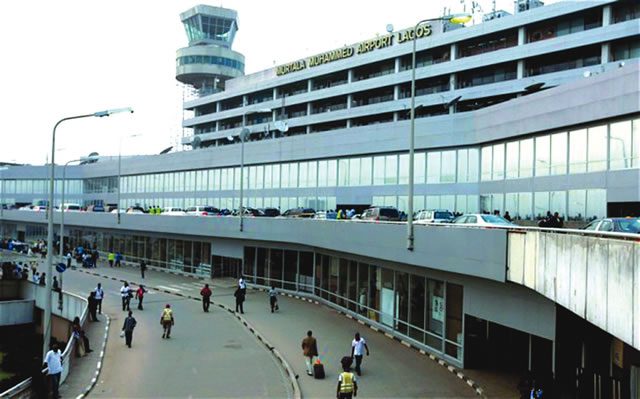Economic Issues
Budget 2018: How Well Are We Doing? -By Uddin Ifeanyi

The two things that haven’t changed about the Nigerian economy, despite the best intentions of the Buhari government (and its predecessors since the early 1970s) are its structure and revenue mix. Despite accounting for a slowly shrinking share of domestic output, crude oil export earnings still make up the bulk of the federation account revenue. In consequence, much of today’s relatively buoyant economic performance is the result, not of the desired structural reforms to the economy, but of a better global market for our main export.
Does any of this matter? And how? Yes, to the first question. And “because it should help us better appraise the performance of the incumbent administration”, is a partial answer to the second question. The second question works in a further, much more important, way. The promise to reform the economy, a hardy perennial of government (both civilian and military) manifestos (the rubric is to “diversify the economy away from its dependence on oil export”) has long been the benchmark for assessing how fit for our purposes an aspiring candidate for political office at the federal level is. This makes conversation around this topic apposite just as we are readying for key elections next year.

Ifeanyi Uddin
Invariably, candidates for president blow this dog whistle very well. Once ensconced in office, however, an untutored tribalism, has made it difficult to properly test the extent to which this goal has been met. Nearly always, the bifurcation of views is simply around those who are for us and those who are against us — even when an evidence-based approach would have yielded more dividends. Data for the first half of this year show, for instance, that the Buhari administration shared N2.4 trillion through the Federation Accounts Allocation Committee (FAAC). Over the same period two years ago, a little under a billion naira was shared by the three tiers of government. Clear evidence of progress by the incumbent government in fixing our revenue problem — by raising more of it? Yes. But only if we account for such “progress” by the trajectory of global oil prices.
According to a recent report by Renaissance Capital, an investment bank (on the extent to which the 2018 budget has been implemented), over the January-August period, the federal government may have managed to bring the actual budget deficit (1.4 per cent of annual output) within budget (1.5 per cent). But even this does not leave enough scrap for supporters of the Buhari government to feed on. Equally important is the fact that over the same eight-month period, less than 1 per cent of the capital expenditure budget for the year had been spent. The report holds the delay in passing this year’s budget responsible for this. And yet, even this is a cop out. For since 1999, no government in the country has spent more than 45 per cent of the capital expenditure budget in any given year.
Further evidence of how like every other government the incumbent one is, undermining the “change” talk, is found in two additional facts. Despite the prospect of the late passage of the budget hurting capital spending, by end August 2018, the federal government was on course (circa 60 per cent+) to fully spend the recurrent portion of the budget. Wags continue to point to this skew in our public spending mix as evidence of the need for reforms to our public expenditure management framework, including through seeking productivity growth in the public sector. But the correlation between the ease with which the recurrent budget is met across the three tiers of government with unethical practices in the civil service is a far more intriguing proposition.
A strong case for fixing the nation’s public expenditure management framework has been made around boosting revenue. Even at current levels, collection of the value added tax is implemented haphazardly enough to leave more than half of collectible revenue off government’s plate. There’s, though, a far more worrisome case to be made around the integrity of the budget process. Oil prices have been higher this year than the budget benchmark. Yet, revenue in the first eight months of the year was under half of the budgeted sum. Problems with the Trans Forcados and Trans Ramos pipelines in the first quarter of the year, always meant that revenue performance was going to undershoot the budget.
But, nearly always, a Panglossian outlook means that our budgets will be underachieved annually. And in the present case, just about every revenue line fell short of expectations in the January-August period. That the Buhari government hasn’t changed much about the fiscal structure of the economy is, thus, not in doubt. This roseate appreciation of the nation’s finances hurts a little more. Only recently, the vice president made data available that shows that government borrowing hasn’t risen as rapidly as most commentators would have us believe.
The argument around public sector borrowing is not about absolute figures. Relative to domestic output, we are comfortably under-borrowed. The problem is debt, relative to revenue. Because our revenue levels are currently abysmal, debt service costs were ahead of target in the first 8 months of this year. The N1.5 trillion with which we serviced debt in the January to August 2018 period was 62 per cent of revenue and a little above 40 per cent of spending.
Uddin Ifeanyi, journalist manqué and retired civil servant, can be reached @IfeanyiUddin.


















